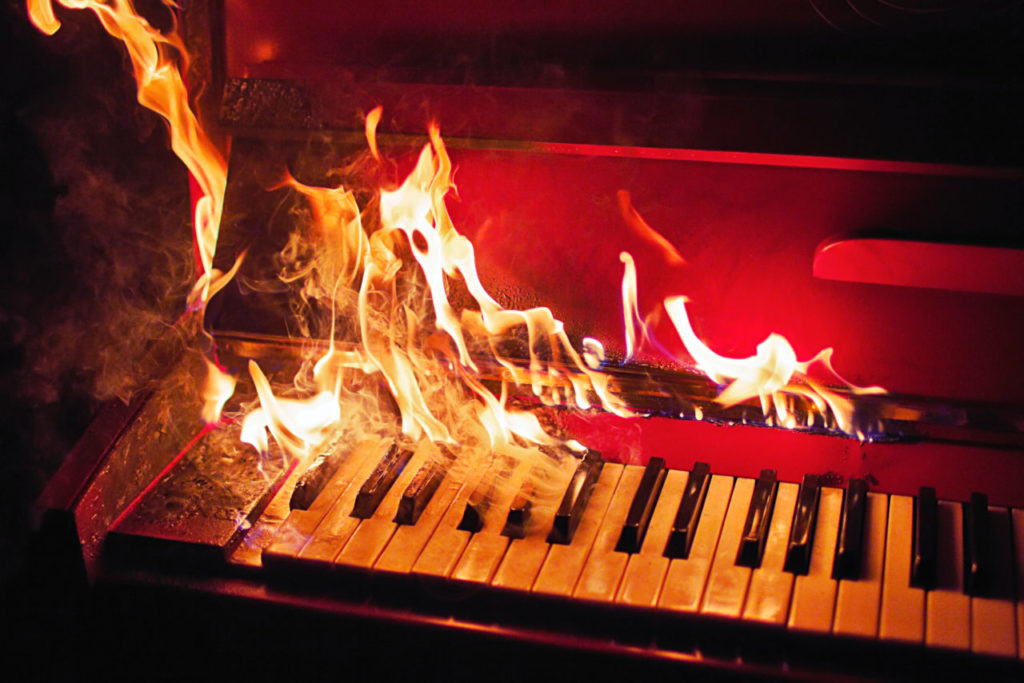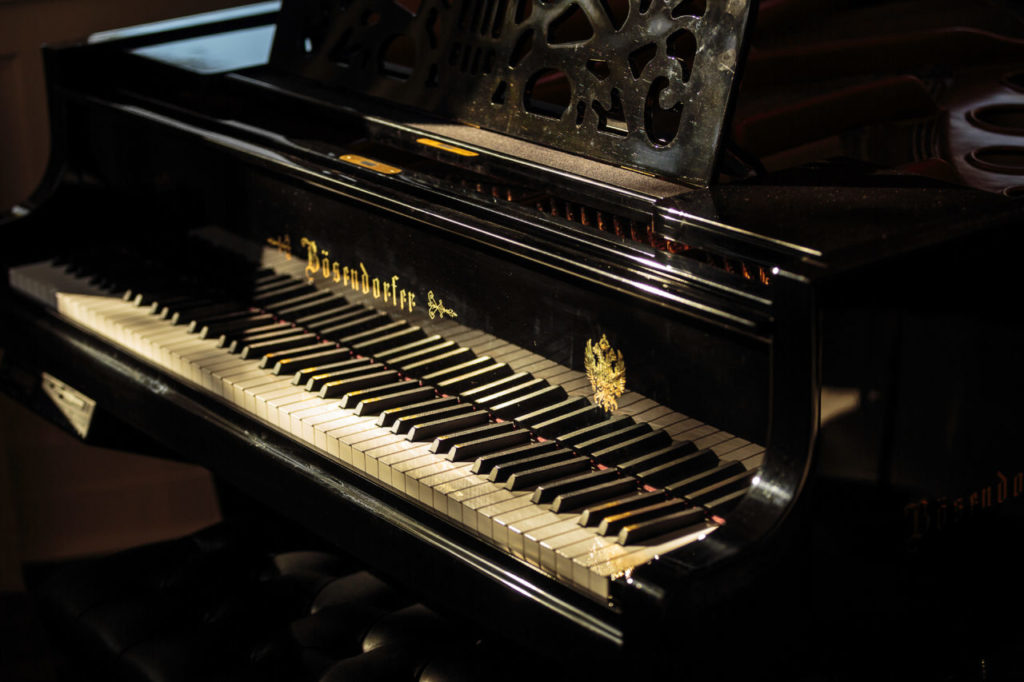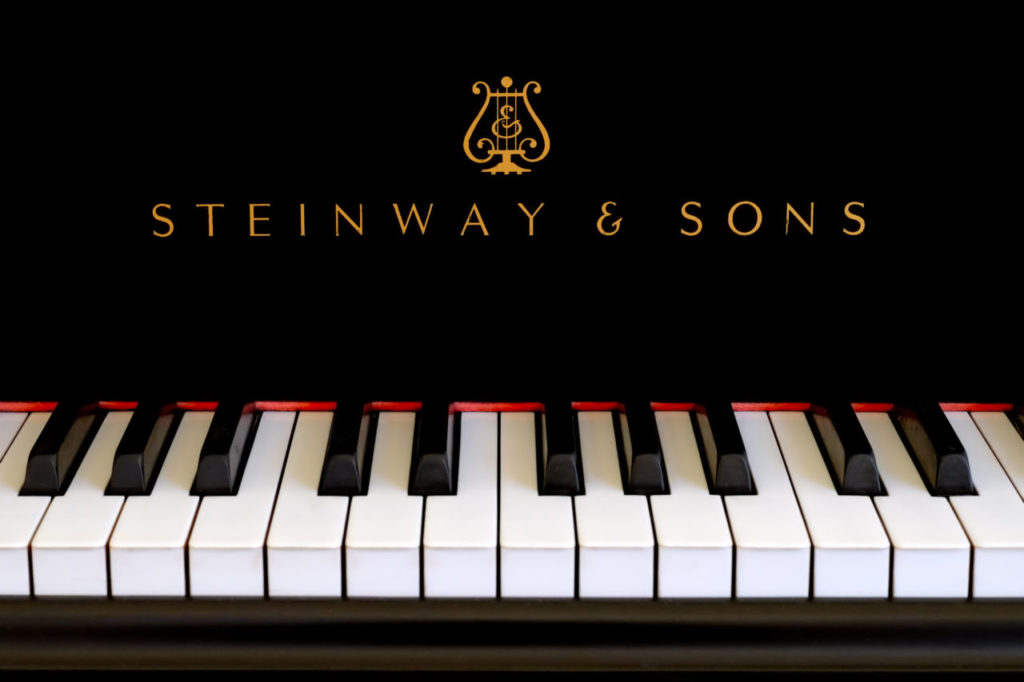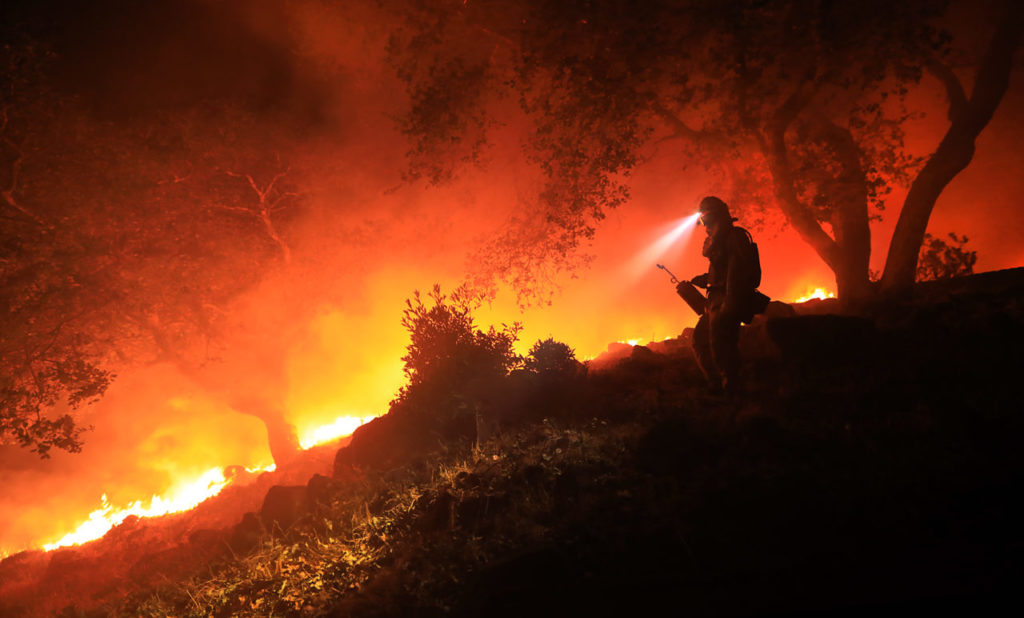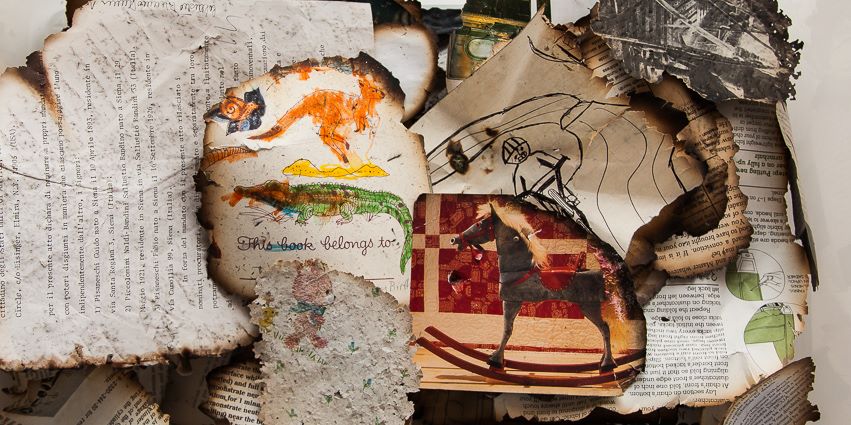Gerald Blodgett of Coffey Park was up late the night of October 8, 2017, preparing a Schumann “Novellette” for an upcoming musicale. As always, his Bösendorfer grand piano, built in Austria in 1965, responded intimately to his touch.
Up in Fountaingrove, Gail Embree, who would host the musicale, was practicing the lilting sonorities of Tchaikovsky and Chopin on her Steinway Model B.
That night, fires swept through Wine Country. Blodgett and Embree escaped, but their homes, pianos and music libraries were destroyed. It was Embree’s second such loss: her Santa Barbara home burned in the 2008 Tea Fire.
The Oakland Hills fire in 1991 destroyed more than 150 pianos. In the North Bay fires, over 10 percent of the more than 6,200 homes destroyed contained a piano, estimates Larry Lobel, master piano technician at the Green Music Center. “Just about every pianist I’ve tuned for has an emotional connection with the instrument, even the most humble spinet or console piano,” says Lobel.
For all their bulk, pianos are fragile creations, made of thousands of parts. Smoke, heat and water can damage them irreversibly. Their only indestructible part is the cast-iron frame, and you can’t carry a piano with you, no matter how much you love it. When she evacuated her home on Sullivan Way in Santa Rosa, piano teacher and performer Peggy Nance came close to losing her cherished Yamaha C7D. “It’s not that you can’t express yourself on another instrument,” she reflected after coming home. “But when I sit down at this one, I know what kinds of stylings, colors and touch I can get out of it.”
One of Nance’s students, Nancy Novak, an amateur pianist who plays cello in the Santa Rosa Junior College Orchestra, had 15 minutes to evacuate her home on Linda Lane in north Santa Rosa. She was able to carry out two cellos and a violin, but her music library and beloved 1919 Steinway Model O went up in flames. For musicians, the loss of a music library, with teachers’ comments and techniques for learning passages, can be as hard as losing a piano.
Gerald Blodgett spoke lovingly of his Bösendorfer a week after the fire. “I realized that precious things are like friends who have graced my life and made it better. For 52 years my piano brought beauty to me. It’s gone, but the beauty it brought to me — I can carry that on.”
Less than a month later, on November 5, he did. The musical event Gail Embree envisioned took place at pianist Terence McNeill’s Santa Rosa home. Embree played Tchaikovsky and Chopin; Blodgett played Schumann. It was a celebration of music, survival and friendship.










